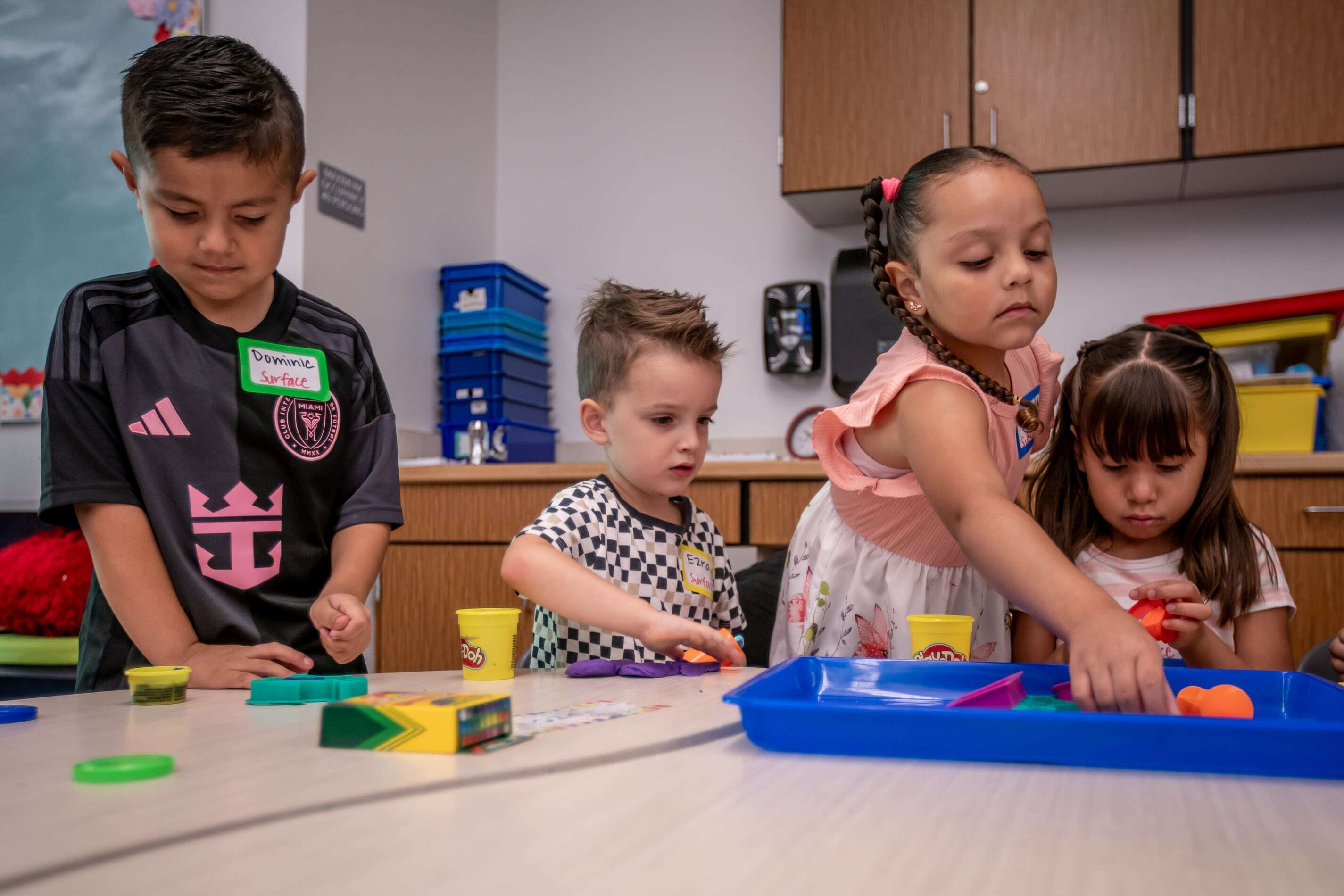
A New Approach to Kindergarten Education
Several weeks before the official start of the coming school year, 18 kindergartners-to-be arrived at Maria Surface’s classroom at Beaverton’s Vose Elementary School wearing big-kid backpacks. This was more than just a trial run—it was an opportunity for these young students to begin learning the rules that would shape their next 13 years of education. From raising hands to asking questions, to properly using a gluestick and turning pages gently, the children were being introduced to the expectations of school life.
What they didn’t realize, however, was that the teacher was also learning about them. The experience highlighted a broader conversation in Oregon about how the state's youngest public school students should be assessed. This debate has significant implications for education policy, particularly regarding the balance between testing and developmentally appropriate practices.
The Debate Over Testing in Kindergarten
This year, Governor Tina Kotek issued a rare veto on Senate Bill 302, which aimed to require the Oregon Department of Education to audit assessments given to kindergartners across the state. The bill, sponsored by state Senator Lew Frederick, was supported largely along party lines but faced objections from some legislators, including House Speaker Julie Fahey and Senator Janeen Sollman.
If passed, the bill would have mandated a report on the types of assessments used in kindergarten classrooms. Unlike older students, who are subject to statewide standardized tests, kindergartners in Oregon do not face such exams. Instead, individual school districts design their own methods for evaluating student progress. Some, like Portland Public Schools, use the MAP test to gauge reading levels, while others, such as Beaverton, employ tools like Star Early Literacy to check progress three times a year.
The Push for Play-Based Learning
The bill was backed by the Oregon Public Education Network (OPEN), a group advocating for play-based learning in early childhood education. OPEN argues that standardized testing can negatively impact instruction time, curriculum choices, and the social-emotional well-being of young students. They also raise concerns about the costs associated with testing companies.
The push for a more flexible, play-based approach has been growing in recent years. Oregon had previously stopped requiring one-on-one assessments for incoming kindergartners in 2020, moving away from a system that tested basic skills like letter recognition and counting. Now, many districts assess students throughout the year using a mix of teacher observations, formal online assessments, and developmental checklists.
Balancing Accountability and Development
Governor Kotek, who has focused on improving academic outcomes, especially in early reading and writing, emphasized the need for baseline data from standardized tests for third through eighth graders. However, she vetoed the kindergarten testing audit bill, citing administrative costs and concerns over the shift toward play-based education.
At Vose Elementary, teacher Maria Surface uses her own methods to track student progress. She observes how students interact during play, follow instructions, and engage with learning materials. For example, during a read-aloud session of “The Very Hungry Caterpillar,” a student named Ezra noticed that the teacher missed a key item on the list, showcasing his attention to detail.
Surface also notes how students handle tasks like painting their names or playing with toys. These observations help her understand each child’s strengths and areas for growth. While she appreciates the district’s formal assessments, she believes that a system that supports both play and structured learning would be ideal.
The Role of Family Conversations
In addition to classroom assessments, some schools are exploring alternative approaches, such as “family conversations.” These informal meetings between teachers and families aim to provide insight into a child’s personality and background. Although not yet mandatory, this approach reflects a growing emphasis on understanding each student’s unique needs.
Principal Monique Singleton at Vose Elementary supports this philosophy, emphasizing the importance of empowering teachers rather than imposing mandates without adequate funding. She believes that combining district-mandated assessments with classroom observations allows for a more comprehensive view of student progress.
A Focus on Growth and Resilience
As the summer dress rehearsal came to an end, Surface gathered her students for a final reminder of the rules of school. She asked if it was okay to make mistakes and whether it was acceptable to say, “I’m not sure.” The children responded with a chorus of “yeses,” reinforcing the idea that trying again is part of the learning process.
Through her careful observations and thoughtful guidance, Surface is helping her students build the skills and confidence they will need for the school year ahead. Her approach reflects a broader movement in education—one that values both accountability and the developmental needs of young learners.